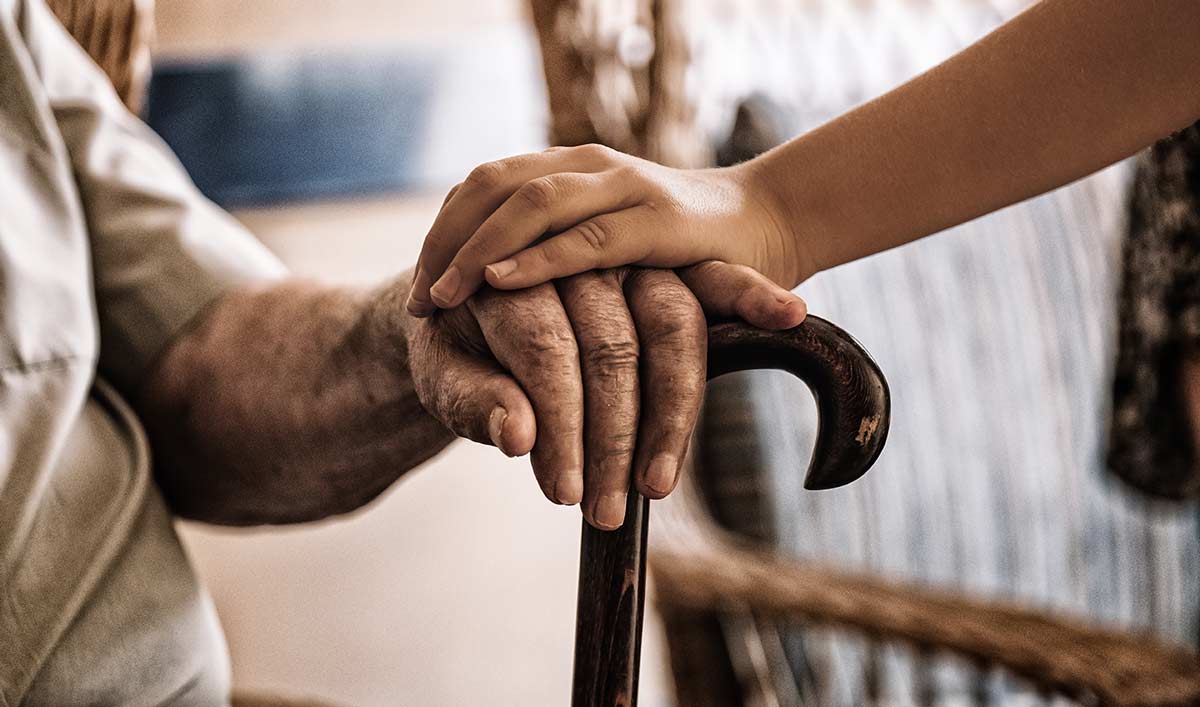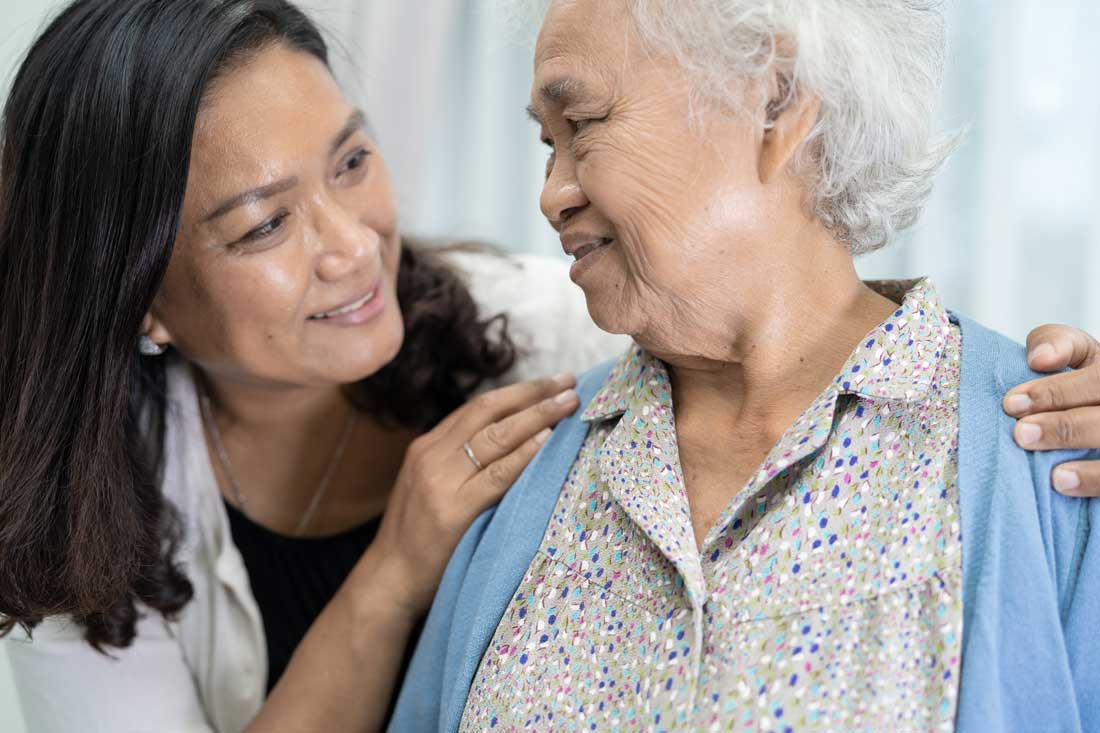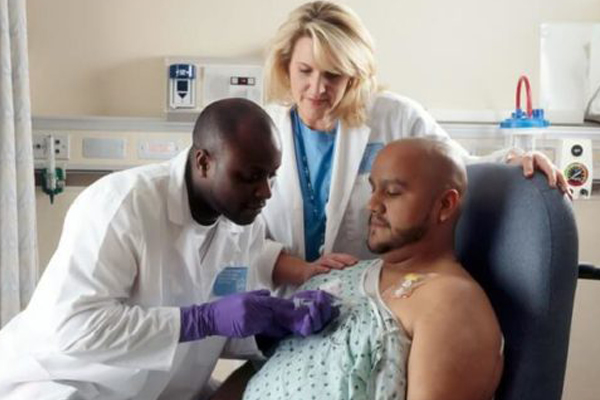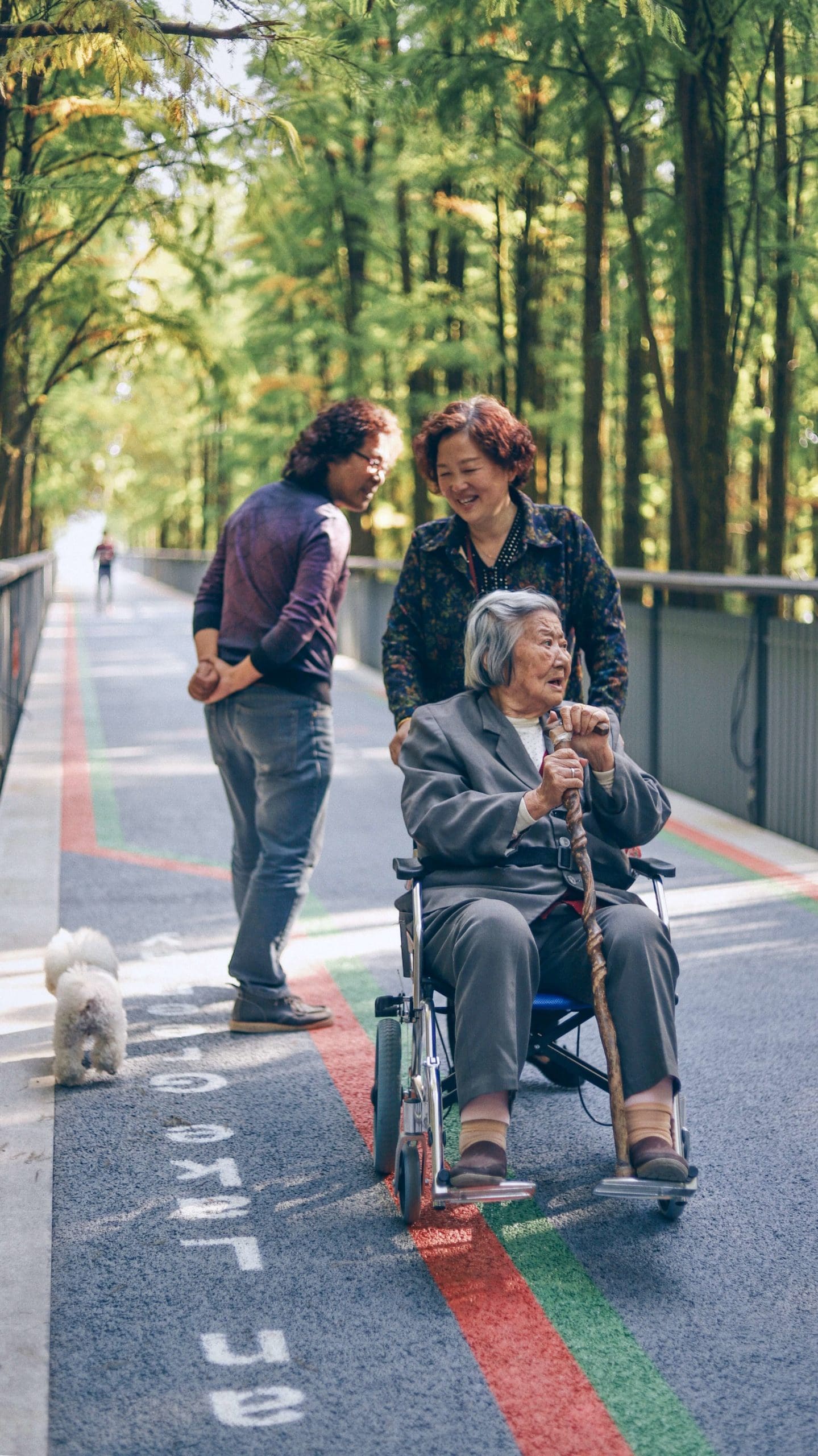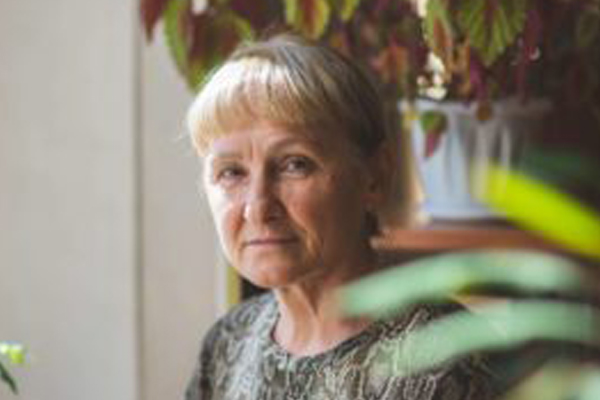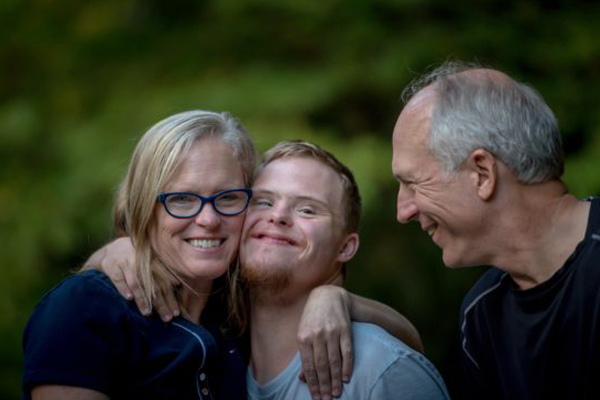Can I Refuse to Care for Elderly Parent
As time progresses in our lives, people start making jokes about where they will put their aging parents when the time comes.
This joke that most people have heard and told throughout their lives eventually becomes a reality.
The biggest question to ask when this time occurs is, do you have a choice in whether you take on responsibility for your elderly parents? The answer to this question is quite surprising.
Why Would Someone Refuse to Care for an Elderly Parent?
There are numerous reasons why an individual might refuse to take care of an elderly parent. Some people may not have the time or the finances to do so. It would help if you remembered that taking on another person who is dependent on you can positively and negatively affect your life depending on your situation.
Here are several reasons why someone might refuse to take care of an elderly parent:
Financial Issues
Families that take care of their loved ones spend an average of $140,000 out of pocket a year. This is not the total amount of costs, but the part that Medicaid does not typically cover. $140,000 is a large amount of money for any family to take on. It’s not an amount you can budget into your expenses, and it’s tough to do this when your relationship is strained with your elderly parents.
Difficult Relationship with Parent
If an individual does not have a good relationship with their elderly Parent, an immense amount of damage could be done to the Parent and child’s mental health. When an elderly parent requires care, they should be put in the best situation possible. Living day in and day out in a toxic environment could negatively affect their health overall. Your emotional and mental health should also be considered in the process of deciding who will take care of your elderly parents.
Effecting your Emotional and Mental Health
Taking care of another person requires a lot of time and energy. When you must take time out of the activities or a job that you love to take care of another individual, it could affect your quality of life and happiness. Having a negative impact on these two areas can significantly affect your mental health. If taking care of an elderly parent negatively affects your quality of life, some other options may need to be considered.
Location Restraints
In 30 states, the child is responsible for the care of their elderly parents once they can no longer take care of themselves. However, in 11 of these states, the law that states this filial responsibility has never been enforced. So, depending on the condition you live in will determine whether or not you are obligated to take care of your elderly parents.
Am I Obligated to Take Care of My Elderly Parent
The well-being of an elderly parent is vital in more than half of the states in the U.S. some laws are put in place that protects the elderly and ensures that they have someone to take care of them physically and financially when they can longer take care of themselves. These laws are referred to as Filial Responsibility Laws.
30 States have Laws Obligating Children to Take Financial Responsibility for the Parent:
Filial Responsibility Laws were put in place to ensure the elderly are taken care of once they are incapable of taking care of themselves. When elderly individuals cannot take care of themselves, the responsibility falls on the child to take care of them. As said above, Filial Responsibility Laws only exist in 30 states. Each law varies per state.
For example, in Arkansas, the child is only responsible for medical bills involving mental health. Children of elderly parents in Arkansas are not required to cover nursing home expenses or hospital visits. Each state is entirely different. Some are less strict, like Arkansas, while others like Pennsylvania take these laws much more seriously.
The law in these states was not put in place without thinking about the child’s well-being in the situation. It varies from state to state, but some states investigate a child’s financial condition before enforcing the law into action. Also, they investigate facts such as whether a child is already paying for a dependent in college. Some states don’t require this obligation, but this doesn’t mean that the child of that elderly Parent and their families don’t experience guilt or family turmoil.
Ethics
When a child chooses not to take care of an elderly parent, feelings of guilt may arise. Elderly parents spend 18 years or more of their life taking care of their children, only for that child to refuse to care for them later in their lives. The feeling of guilt is not an unusual feeling to have. The child may also have to face the reality that their parents will not have an excellent quality of life if they choose not to take care of them.
Feelings of guilt can eventually turn into an even worse scenario which is a family fallout. When deciding who will take care of the elderly Parent, problems can arise amongst the siblings who will take on the responsibility. Siblings will fight, and relationships will be tested. Each sibling may feel less obligated or financially able than their other siblings.
If a child refuses to care for an elderly parent, it is possible that they could lose their relationship with them, as well. Imagine someone you love and care about refusing to help you in your time of need. That could make anyone upset and heartbroken. The choice of whether to take care of the elderly is hard, and it affects everyone involved.
Other Options for Caring for Elderly Parents
As parents age, there are many options besides the children taking on responsibility for their parents. What some people do not understand is that some elderlies don’t want to live with their children. Some elderly parents would instead take care of themselves than ask their children for help. Other options for elderly parents include nursing homes, in-home care, and assisted living facilities.
CDPAP Homecare
Consumer Directed Personal Assistance Program (CDPAP) is a Medicaid program offered in NY state that gives the elderly a choice in who takes care of them and how they are cared for. This is an excellent option for the elderly. Imagine getting older, and everyone decides to make decisions for you in life. That would get old quickly.
CDPAP gives the elderly parents back the power and control to take care of themselves without financially draining their families. This also gives the family members that may have to take care of the elderly a chance to be paid for taking care of their elderly parents. Instead of giving up hours at their job, they can make money while being there for their parents.
Assisted Living
Assisted living is an attractive option for the elderly that seek to keep their independence. As an elderly parent gets older, there will be some tasks that they no longer can do on their own. Assisted living gives them the chance to remain where they are most comfortable while providing them the help they need to complete the tasks they may need help with.
The significant part about assisted living is that they let the elderly parents and their family members choose what aspects of their lives need assistance. They are respectful of the elderly’s wishes and strive to do the very best they can to accommodate them comfortably. Assisted living is just one of many resources and programs available to elderly parents and their families.
Resources for Family and Elderly Parents
There are multiple resources that Elderly parents and their families can read up on. The first place to check is your state Medicaid programs. Looking into the Medicaid programs offered in your state can help determine what costs can be covered for your elderly Parent. Out-of-pocket costs can be very high when choosing the best care for an elderly parent.
You can also look into local support groups in your area for help. Caregivers can experience emotional and mental stress while caring for an elderly parent. These support groups offer a means to express your frustrations and meet others going through the same circumstances as you.
You can reduce your stress levels by mastering these four coping strategies:
- Avoid stress: learn to say no, distance yourself from people who make you stressed, and plan ahead
- Alter your situation for the better: compromise, express your feelings, and create a balanced schedule
- Adapt to the situation: look at the big picture, adjust your standards, and practice gratitude
- Accept what you can’t change: look for the positive and learn from your mistakes.
Government Benefits
When caring for an elderly parent, you need to investigate what government benefits are available for you. Some of these include:
- SNAP— this program helps your family and elderly Parent buy food needed to sustain good health.
- Medicaid Part D—this program helps pay for prescriptions for your elderly Parent. Some prescriptions can be pretty pricey. This program will alleviate the stress of buying medicine.
- Medicare Savings Programs—this program helps pay for Medicare programs such as your Medicaid Part B premium and cover other costs.
- Assisted Technology Programs—this program helps provide devices that your elderly Parent may need in bathing, cooking, eating, and other necessary tasks that need to be done.
These programs could be offered in your state, or they may not. It is always a great idea to do your research on programs like the ones listed above. Taking care of an elderly parent requires money and time that these programs above might assist you with.
Support Groups
As mentioned above, support groups are a great place to go for information and assistance. Support groups are full of people who are going through the same situation as you and your elderly parents. There are support groups for both parts of the problem. Your elderly parents could attend their support group for whatever assistance they may need, while you attend one that better fits your needs.
As a caregiver, you need to keep in mind that you may be put under a lot of financial stress, emotional stress, and mental stress. Going through all of this alone is not suitable for you. You need to reach out to a local support group in your area to release some of this tension and meet people who are experiencing the same problems as you. Do not be ashamed to reach out for help from other people.
Support groups offer you an opportunity to view the world a little differently. When you take on a problem in your own life by yourself, the stress is immense. However, when you have other people standing next to you, the stress begins to lessen. You have people that will offer a shoulder to cry on and ears vent to.
Choosing to take care of an elderly parent can be challenging. Also, choosing not to take care of an elderly parent is tough. Both decisions have consequences that affect your mental, emotional, and physical health. When deciding whether to choose, you need to make sure that you do your research in all areas.
You need to research the laws in your state and the government assistance programs and state-mandated programs. Looking into every aspect of this decision will ensure that you make the right choice. You also need to consider your family. If you have children and a career, you may need to investigate other options for your elderly parents.
Remember to take your time making this decision. This choice is the life that your elderly parents will live for the remainder of their time on Earth. Even if you don’t want to be their caregiver, make sure the other option available to them considers their quality of life.

